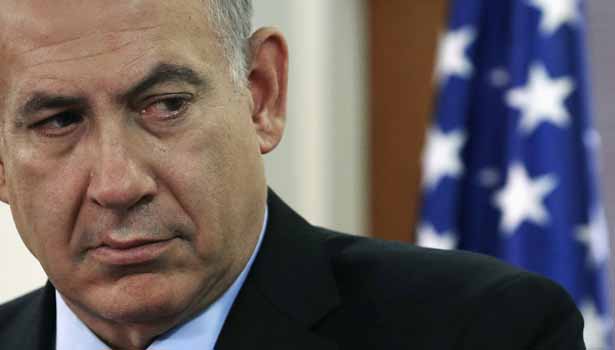On Sudanese soil, in a place called Darfur, one of the worst genocides since World War II is taking place-and the world is silent. As if the tribal, blood-filled war were of no interest. There are many reasons for this silence. One of them is because they are black and poor, and mainly the fact that they are not from the West. They have no economic strength that can threaten the sated Western world. I, however, wish to relate to Sudan, to the refugees knocking on our door along the border with Egypt. I wish to talk about my personal experience.
Twenty years ago I was a refugee in the Umm Rakuba refugee camp in Sudan, not far from the capital Khartoum. I was then a skinny, emaciated boy living with his family in a tent in the hot desert. Some of those who began the arduous journey to realize the Zionist dream and reach the promised land died of hunger, of thirst and from malaria, which killed many. 4,000 Jews died of various diseases; quite a few were killed in cold blood by the Sudanese.
More than anything, as a child refugee, I remember the unfeeling look, the blunt hatred, the indifference displayed by the Sudanese, the simple citizens. They didn’t help us, the just the opposite. They hurt us and beat us again and again. They would not even allow us to bury our dead in dignity. We buried them beyond the nearby hills, among the trees, just anywhere, as if our dead were animals.
Twenty years hence, I am a semi-refugee in Israel, a black, proud, Jewish refugee. Yes, I am an Israeli with a lot of questions and thoughts, but also with a burning desire to play with the big guys, to be on the side of those who can take in refugees. I have a great deal of criticism for the absorption process, the embrace that is missing. So much criticism, that there is not enough room to go into detail. But here I wish to focus on the Sudanese and the merciful Jewish heart.
It could be that I am speaking out of a wish for revenge. Yes, I am speaking from a wish for revenge. From that pain, from the deep memory left by the wounds that refuse to heal. I am a refugee injured by the abusive treatment of the Sudanese. And today, as an Israeli, they are knocking on my door and asking me to extend them a hand. But I don’t want to. They don’t deserve it. Not here. If the world cared about them, the world would take them in. The Arab nation abjures them despite their being Arabs like them. And as for the Christian refugees-the Christian world is larger than this country’s small piece of land.
In Israel there are Jewish refugees who chose to be part of this people and feel no less like refugees than those who claim to have fled from the hell of Darfur. I feel for them, it could be that there is some truth in the claim that they are persecuted, but their exodus from Egypt is clouded with blatant lies. They leave in an organized fashion, with a detailed and paid-for plan, with one goal, which is not to flee-but to make money. If we lend a supportive hand to the refugees from Sudan, we must also give it to the prostitutes from Russia who sneak in through the border with Egypt, because they too have the same goal-to earn a decent living.
Twenty years have elapsed since I fled the refugee camp in Sudan. For 20 years the Sudanese have been visiting me in terrible dreams. I cannot forget how a young Sudanese boy slapped my father in front of my eyes. Among the hundreds of Sudanese who stood there and watched as he gave my father a stinging slap, nobody said a word; there was not a single person to shout that beating a helpless refugee is a despicable act. Everyone smiled, as if my father were not a human being.
It will take me many years to let go of the anger and the memories. Perhaps one day, if the dream of the bleeding heart organizations working for the refugees comes true and thousands of Sudanese refugee arrive here, perhaps one of them will be the man who slapped my father. I will not hit him back, I will have just one thing to say to him: that’s it, you are the refugee and I am the master.
This essay was published in Yediot Aharonot on July 5th, 2007








